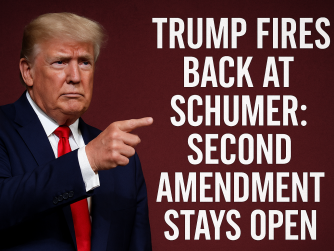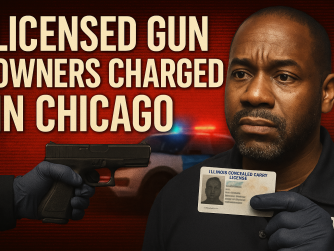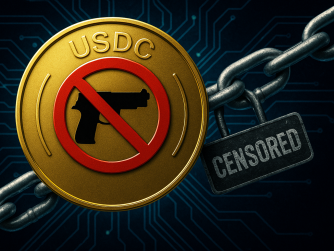A controversial proposal buried deep within President Biden’s 1,200-page FY2026 budget supplement has set off alarm bells across the pro-gun community. Page 618 of the document quietly reveals the administration’s intent to merge the Bureau of Alcohol, Tobacco, Firearms and Explosives (ATF) into the Drug Enforcement Administration (DEA)—a move critics say is less about efficiency and more about ramping up federal control over lawful gun owners.
For months, whispers of a merger had been circulating. But now, it’s official: the federal government wants to fold the nation’s top firearms regulatory body into a notoriously aggressive drug enforcement agency.
“To most successfully, effectively, and efficiently continue the fight to eradicate the designated cartel FTOs [Foreign Terrorist Organizations] and seek to eliminate violent crime,” the document reads, “the Bureau of Alcohol, Tobacco, Firearms, and Explosives (ATF) will be incorporated into DEA.”
On paper, this might sound like bureaucratic streamlining. But Second Amendment groups aren’t buying it—and for good reason.
Gun Owners of America wasted no time sounding the alarm, calling the plan a “dangerous Trojan Horse” that will supercharge the ATF’s already controversial powers under the DEA’s massive enforcement infrastructure:
“Just imagine:
👎 3x ATF budget
👎 4x ATF tactical units
👎 +10,000 new employees
👎 reduced oversight & accountability
Merging is NOT abolishing—it’s escalating.”
While the DOJ may frame this as a resource-sharing maneuver to tackle gun and drug crimes more efficiently, critics point out that the DEA’s $3.8 billion budget dwarfs the ATF’s $1.6 billion, and the DEA’s militarized operations have a history of overreach.
Worse, it’s unclear what happens to the regulatory side of the ATF’s duties—like processing Federal Firearms Licenses (FFLs), handling suppressor and short-barrel rifle forms under the NFA, and working with gun manufacturers on design approvals. These tasks can’t simply be handed off to DEA agents trained to knock down doors—not without consequences for the law-abiding firearms industry.
The ATF already doesn’t have exclusive control over gun laws. The FBI runs the background check system (NICS), and the Department of Commerce now handles most commercial gun exports. But merging ATF into DEA could centralize enforcement power in a way that sidelines transparency and elevates force over fairness.
This isn’t about cleaning up drug crime. It’s about creating a massively expanded enforcement agency with a longer leash, fewer checks, and broader reach—with gun owners in the crosshairs.
Gun rights advocates are calling on Congress to reject the plan before it goes any further.
“If this goes through,” warned one activist, “we’re looking at an ATF on steroids—backed by DEA firepower and shielded from accountability. That’s a nightmare for every legal gun owner in America.”
Stay alert. This fight is just beginning.







